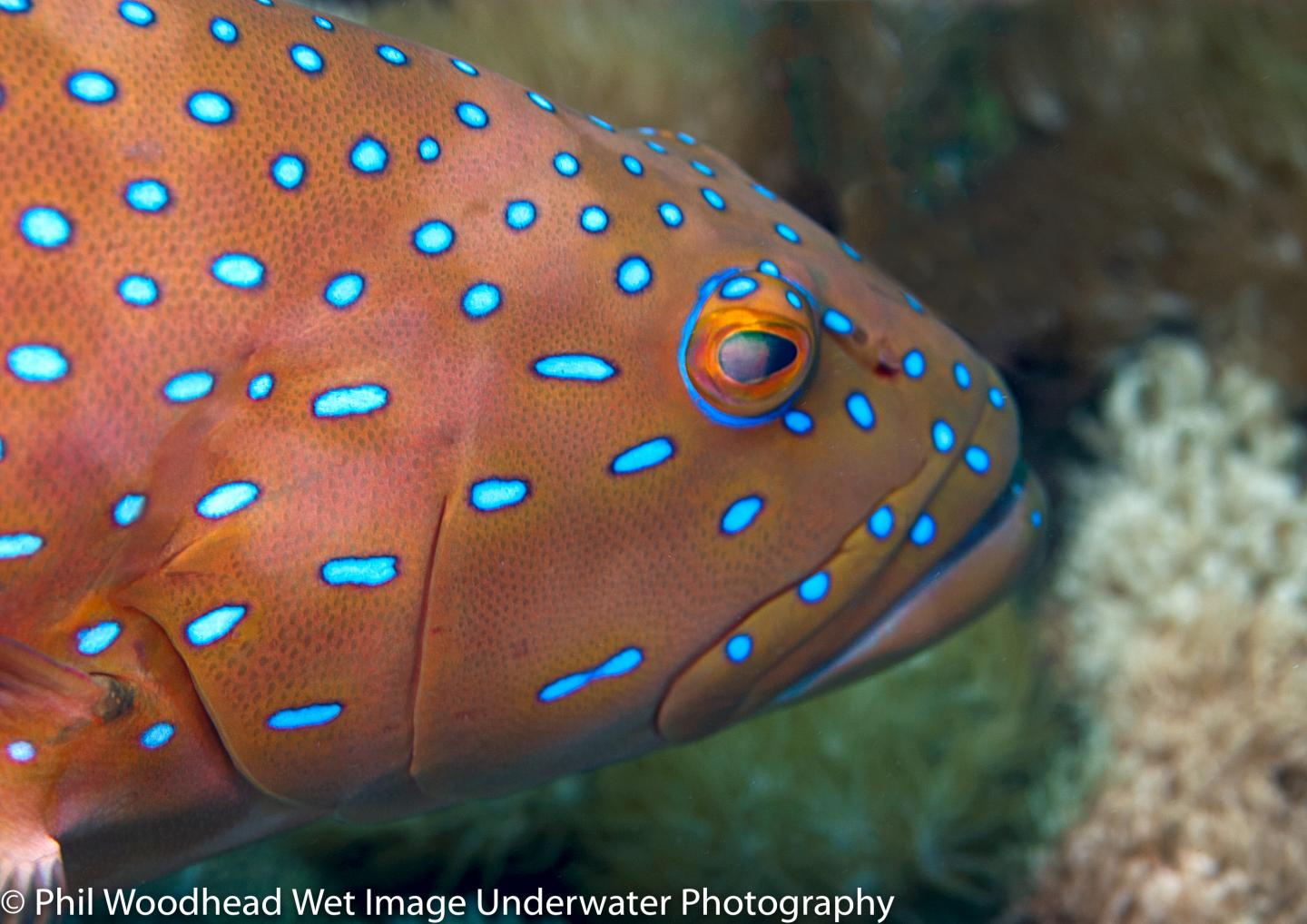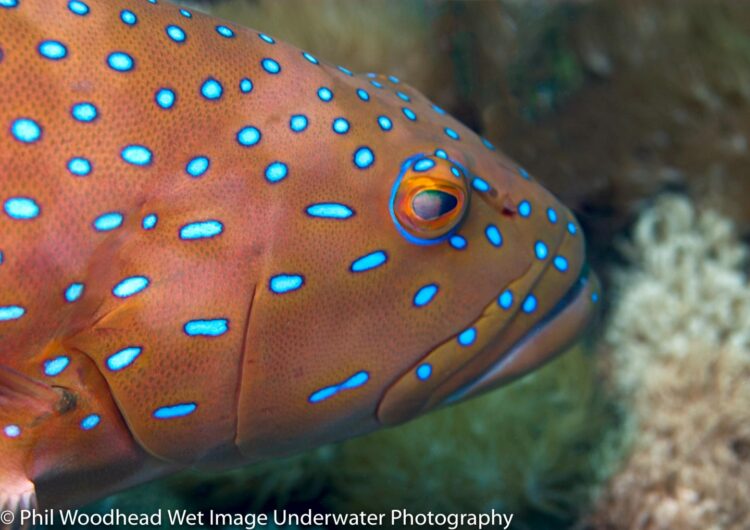
Credit: Phil Woodhead, Wet Image Underwater Photography.
Scientists have used modern genetic techniques to prove age-old assumptions about what sizes of fish to leave in the sea to preserve the future of local fisheries.
“We’ve known for decades that bigger fish produce exponentially more eggs,” said the lead author of the new study, Charles Lavin, who is a research fellow from James Cook University (JCU) and Nord University in Norway.
“However, we also found while these big fish contributed significantly to keeping the population going–they are also rare.”
Co-author Dr Hugo Harrison from the ARC Centre of Excellence for Coral Reef Studies at JCU said as fish grow older, they become more fertile and their chances of having babies increase.
“This is an age-old assumption of fisheries management–and with the help of modern genetics, we can show that this assumption is correct.”
“But the smaller fish are just as important to keeping populations going. They may have fewer babies, but they also are more abundant.”
The study used genetic parentage analysis to identify which adult coral groupers (Plectropomus maculatus) contribute to replenishing fished populations in the Great Barrier Reef Marine Park (GBRMP).
The authors found that large coral groupers are important because they are more likely to replenish the fish stocks removed from the fishery. However, smaller fish are still making a meaningful contribution.
“We show that minimum size-limits on catches are effective at protecting the reproductively mature coral grouper,” Mr Lavin said. “This ensures all fish have the opportunity to reproduce at least once prior to being caught.”
The authors said all fisheries must ensure there are enough fish reproducing to replace the portion of the population that are caught.
“We’re fortunate in the GBRMP to have measures in place that protect both the small and larger fish,” Dr Harrison said.
“These ensure our fisheries remain sustainable and can bounce back quickly after a disturbance.”
In the GBRMP, catches of coral grouper are limited by size and catch limits, as well as seasonal closures to ensure the fishery is productive and sustainable.
“It’s encouraging that these measures are effective,” Mr Lavin said.
“But it’s important that we also protect the bigger, rarer fish inside no-take marine reserves because they are super-productive,” he said.
“For the fisher, this means there will always be fish to catch.”
###
PAPER
Lavin C, Jones G, Williamson D, Harrison H. (2021). ‘Minimum size limits and the reproductive value of numerous, young, mature female fish’. Proceedings of the Royal Society B. DOI: 10.1098/rspb.2020.2714
CONTACT
Hugo Harrison (Townsville, Australia)
P: +61 (0) 499 523 939
E: [email protected]
Charles Lavin (currently travelling)
E: [email protected]
FOR FURTHER INFORMATION
Melissa Lyne/ Coral CoE at JCU (Sydney, Australia)
P: +61 (0) 415 514 328
E: [email protected]
Media Contact
Melissa Lyne
[email protected]
Original Source
https:/
Related Journal Article
http://dx.





